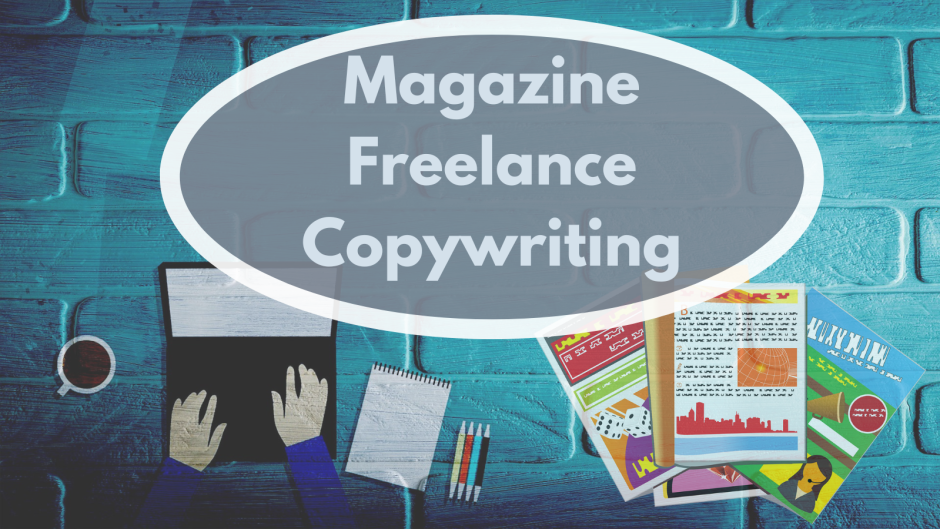If you’re feeling uninspired and like nothing you write seems good anymore, you likely got a case of writer’s fatigue. Everyone gets tired and feels a lack of inspiration now and then, but those who specifically pursue creative pursuits, like writing, can struggle with this even more.
Luckily, if you’ve got writer’s fatigue or writer’s block, it’s not permanent, and you are not alone. Every single day there are writers like yourself battling with blocks that interrupt their work, and every day writers overcome these blocks thanks to a little help and guidance.
Writer’s block might not feel the same for everyone, however, and its treatment may vary from person to person. But often, it’s simply a matter of taking a step back and finding ways to inspire your creativity again.
The Dreaded Writer’s Block: What is it? And Why Does it Happen?
Writer’s block is usually something that stems from some creative burnout or just burnout in general. You can’t easily ignore it. If anything, pay attention to it. It’s usually an indication that you are pushing yourself too hard or there is some other issue going on that needs to be addressed.
In most cases, there are five types of blockages or issues — one or more of which could be contributing to your burnout or writer’s fatigue. These include:
- Mental blocks associated with thoughts or beliefs that are hindering you.
- Scarcity blocks, which stem from having a lack of resources needed to succeed.
- Emotional blocks, which develop in response to fears, emotional responses, or past trauma.
- Procedural blocks that come from unhelpful habits and poor workflow.
- Attentional blocks, which are the result of things in your life that are distracting you and pulling your focus.
Once you can identify what blocks or issues are contributing to your burnout or writer’s block, then you can take the steps necessary to fix those issues.

Tips for Overcoming Writer’s Block By Tapping Into Your Creativity
While there are a variety of methods to treat burnout, all of them typically center around recharging your creativity or finding new inspiration.
Below are some tips for overcoming your blocks by helping you unlock your potential and inspire creativity.
1. Find A Creative Outlet Outside of Writing
If you are throwing all of your creative juices into your writing only, you will most likely feel blocked. You probably spend too much time writing and not enough time on “brain breaks.” Not all of your time should be spent staring at a screen, typing.
So, picking up another creative hobby can help you find ways to enjoy being creative again, and over time, you might find yourself feeling more inspired to write again. You could pick up painting, for example, or photography. Maybe try your hand at playing an instrument or throw yourself into learning to bake. Whatever it is, just make sure it doesn’t involve sitting in front of your computer.
2. Try Journaling
Picking up a journal and taking note of the things around you and in your life that you find inspiring can help you overcome your blocks.
For example, you can sit outside and make a note of the beauty of nature or do some people-watching and jot down the things about humans or humanity that you find inspiring. You can also turn your journal into more of a scrapbook of things that inspire you.
Your journal also doesn’t haven’t to be conventional. It doesn’t even have to feature writing if you don’t want it. You can use it as a scrapbook and feature photographs or objects that inspire you — like a piece of nature or a place that makes you happy.
3. Do Some Brainstorming Activities
Brainstorming is an excellent way to jumpstart creativity so you can find your way back to your writing again. Many companies use brainstorming sessions to help their employees get their creative juices flowing. Just because you potentially work from home as a writer doesn’t mean you can’t have your own brainstorming sessions with yourself.
You can start by simply thinking of a topic and coming up with questions or ideas you have about it on a piece of paper. There are also numerous online tools you can use for digital brainstorming and creating mind maps.
The ideas you are brainstorming don’t necessarily have to be about the things you are writing about. You can brainstorm about anything, even silly topics. The idea is to simply exercise your brain in a new way that can help you feel inspired again.
4. Build Your Creative Network
Sometimes the issue of writer’s block stems from isolation. Writers who work from home or spend a significant time on their own may be especially familiar with this concept. It can be incredibly helpful to get out and network with other creatives like yourself to help you feel the drive to write again and get past your blocks.
You can simply go out and socialize more, or you can seek out specific groups and meetups geared towards creatives, like meetups for writers, painting groups, or even a book club. It ultimately doesn’t matter what kind of socializing you are doing; it’s just about getting out and having that human connection with others to avoid the isolation that could be contributing to your writer’s block.
Final Thoughts
Writer’s block can sometimes feel like an impossible feat to overcome. But experiencing one doesn’t make you any less of a writer. There are so many others who have felt the same way and still eventually overcame their blocks. Sometimes you just need to step away from your writing and find other things and activities you enjoy to help you find inspiration again.

Amanda Winstead is a writer from the Portland area with a background in communications and a passion for telling stories. Along with writing she enjoys traveling, reading, working out, and going to concerts. If you want to follow her writing journey, or even just say hi you can find her on Twitter.







No Comments